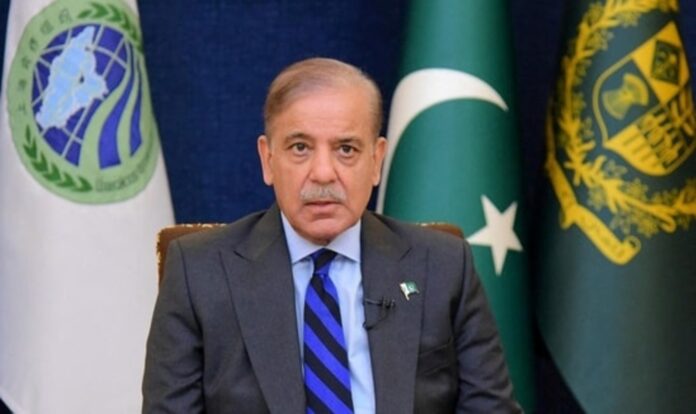In an effort to address the escalating public debt crisis in the power and gas sector, Pakistan has once again increased its power tariffs, as required by the International Monetary Fund (IMF) deal. Prime Minister Shehbaz Sharif announced the move on Monday, stating that the price hikes, amounting to up to 5.75 Pakistani rupees ($0.020) per unit, would not adversely affect the country’s poorer citizens.
Under this revised tariff structure, approximately 63% of consumers, who use up to 200 units, would be exempt from the increase, while another 31% would qualify for a partial subsidy. The decision to raise electricity prices was prompted by the IMF’s insistence on reducing Pakistan’s unsustainable public debt in the energy sector. The lender had highlighted the acute liquidity conditions in the power industry, which led to a buildup of arrears and frequent power outages.
Arrears, accrued as a result of subsidies and unpaid bills, were a significant hurdle during eight months of negotiations between Islamabad and the IMF, finally culminating in a deal reached last month. Official figures reveal that debts to power generation companies have amassed to nearly 2.6 trillion Pakistani rupees ($9.04 billion), with an additional government debt of around 1.6 trillion rupees ($5.56 billion) owed to the gas sector. This staggering level of debt has created a substantial financial burden for the nation, prompting the government to address the crisis on a priority basis.
Prime Minister Sharif emphasized the urgency of dealing with the issue, describing it as a “gaping hole” in the country’s finances. He further acknowledged the prevalence of theft in the power sector, which exacerbates the financial strain and hinders effective revenue collection. The government aims to overcome this problem to improve the sector’s financial health. The recent increase in power tariffs comes on the back of several similar hikes implemented over the past year, including an additional surcharge of 1 Pakistani rupee per unit for the fiscal year 2023-24, which was approved earlier this year.
While unpopular among the public due to its potential impact on household expenses, the tariff hike is one of the bitter pills Islamabad had to swallow to meet the IMF’s stringent fiscal tightening measures. The move is part of the government’s broader strategy to streamline the energy sector, bolster fiscal stability, and reduce dependence on subsidies. The situation demands immediate attention, and the government is taking a proactive approach to implement the necessary reforms. Though challenging, these measures are crucial to stabilize the economy and pave the way for sustainable growth in the long run.


